In this article, I discuss good and bad ways to think about negative events which may possibly occur in your life.
In my work as a Calgary psychologist and a Cochrane psychologists, people sometimes ask me whether it is helpful to think about worst-case scenarios which may possibly occur in their lives. My answer, as is the case with many questions I am asked, is “It depends”. In this instance, the way in which you think about negative events you may encounter in the near or distant future is the determining factor in whether such thinking will be helpful to you. In the following sections, I will describe ways to think about these worst-case scenarios which are helpful and not so helpful.
Bad ways to think about worst-case scenarios
Bad ways of thinking about worst-case scenarios capture the essence of ‘catastrophizing’. One element of catastrophizing involves overestimating the likelihood of a negative event occurring in your life. This would be the case, for example, if you were to ruminate on worries about negative events occurring without examining the evidence regarding the likelihood of these events occurring. Many times such examinations of the evidence reveal that you have been adding unnecessarily to your distress by overestimating the likelihood of the events occurring. Fretting over the prospect of losing your job or of your relationship ending are a couple of examples to which this form of catastrophizing often applies.
A second bad way of thinking about worst-case scenarios is to dwell on negative events which may occur without thinking of ways you could cope effectively with those outcomes. This element of catastrophizing would be exemplified by focusing on being unable to cope with losing your job rather than thinking of ideas you could implement to help you cope effectively were this negative event to occur. As with the aforementioned ‘overestimating danger’ element of catastrophizing, this ‘underestimating coping’ element is a way of thinking which adds to your distress in thinking about worst-case scenarios.
Good ways to think about worst-case scenarios
The good ways to think about worst-case scenarios are essentially ‘antidotes’ to the two elements of catastrophizing I just described. That is, one good way to think about worst-case scenarios is to accurately assess the likelihood of negative events occurring rather than to overestimate their occurrence. For example, if you are worried about getting fired you should examine the evidence which supports and does not support the likelihood of this event occurring. Even if you have some evidence suggesting that you will be fired, thinking of some evidence suggesting that you will keep your job should lower your anxiety to a more manageable level compared to when you dwell on the incorrect assumption that this negative event’s occurrence is a certainty.
A second good way to think about worst-case scenarios is to spend time planning ways you would be able to cope effectively with negative events if they were to occur. For example, your anxiety would be substantially less regarding the prospect of losing your job if you were to plan steps you could take to cope with this negative event. Some people tell me they avoid engaging in thinking of ways they would cope with negative events because it is unpleasant for them to think about these events. My response to this objection is twofold: (1) Avoiding thinking consciously about negative events does not preclude your thinking about them unconsciously. In other words, if you are worried about an event occurring then simply distracting yourself is unlikely to protect you from the distress you experience because of the knowledge that you do not have an effective plan to cope with the event if it were to occur; (2) The unpleasantness you experience when thinking about the negative event occurring should subside substantially once you’ve thought of steps you can take to cope effectively with the event.
If you would like to improve your ability to think of worst-case scenarios in constructive ways, you may find it helpful to work with a psychologist who specializes in cognitive behavioural therapy (CBT). As a CBT practitioner, I help my clients in anxiety counselling to learn and practice the skills I discussed in this article.
May you save your best thinking for worst-case scenarios,
-Dr. Pat

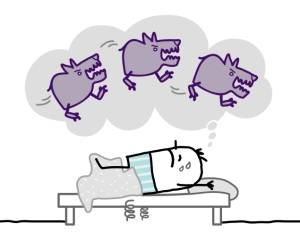
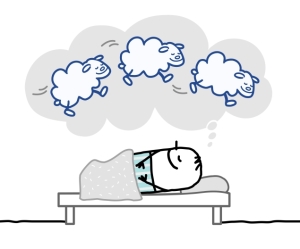
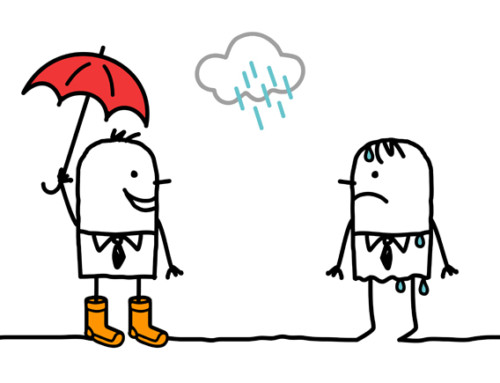
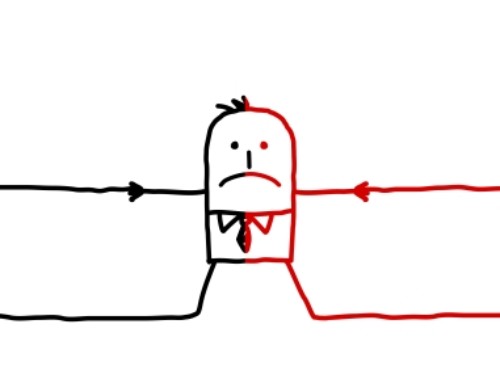
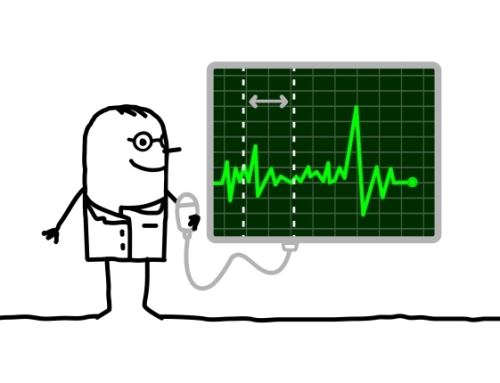
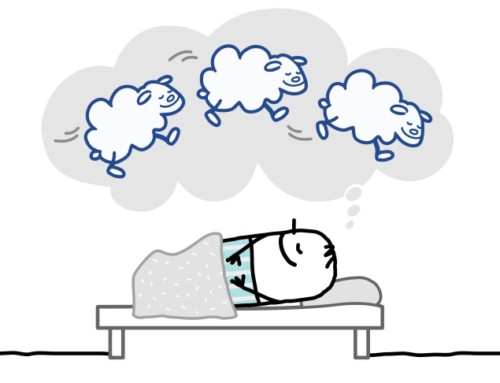
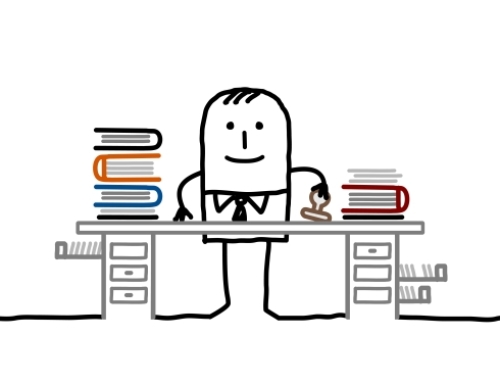
Leave A Comment